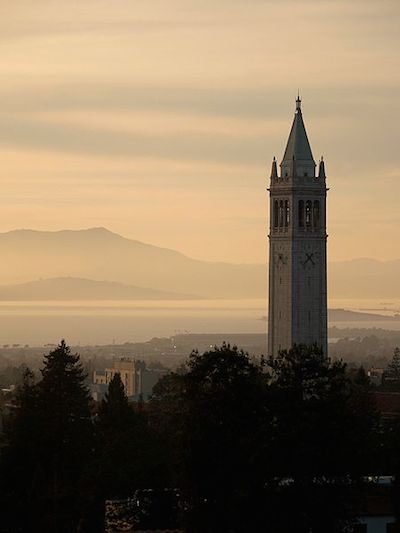A chronicle of my adventures in my last semester of teaching/colearning at the University of Oklahoma.
Wednesday, January 13, 2021
Time Strategies... taking a break for the pandemic
Class Technology... the wiki just needs to hang on one more semester! :-)
Assignments: even more excited about microfiction options

Growth Mindset... and a great new book on self-efficacy!
For the Growth Mindset post this semester, I knew right away what I wanted to write about: a new book by my friend Laura Ritchie which is all about "self-efficacy," a concept in educational psychology that has a lot in common with the idea of growth mindset. It's a fantastic book; highly recommended if you want to learn more about yourself as a learner and how to take charge of your own learning
Yes I Can: Learn to Use the Power of Self-efficacy ($8.99 Kindle).

I've known Laura for years online (she is a music teacher in England... but that's the power of online teaching communities: you can connect with people all over!), and I actually wrote a review of the book at Amazon since I liked it so much. Here's the review I posted, and there are some other positive reviews there already also. Yay! I hope this book will find its way into the hands of many readers; it definitely gave me a big boost reading it now in the midst of all the pandemic stress. In fact, its especially in chaotic and stressful times like this when it really helps to be able to take a deep breath and find your own purpose, learning how to use your own potential for growth and change to cope with the chaos.
Laura Ritchie's latest book, "Yes I Can: Learn to Use the Power of Self-efficacy," could not come at a better time. If you have been struggling in the pandemic to learn new skills or relax with a new hobby, or if you are contemplating something even more extreme such as a change in careers, Laura Ritchie's warm, honest, encouraging voice in these pages can help you take charge of your learning. Her emphasis on deliberation and self-awareness can help you channel the doubts and fears of your inner critic into a new direction: self-efficacy, a belief in yourself and in your capacity to take/make opportunities that will help you to achieve your goals. Learning is not easy or automatic like so many of the conveniences of modern life, but learning is always possible, and this book will help you embrace that sense of possibility, of challenge, of change. Change is inevitable; there is no standing still, and the pandemic has made that fact of life even more clear, sometimes scarily so. But change also creates an open space for learning, and in that open space you can take charge of your own learning. In fact, you have always been in charge of your own learning, despite the best efforts of school to try to convince you otherwise. As Ritchie says, "Only you can judge and decide what your capabilities are." If you are ready to begin to explore your untapped capabilities, this book is a great place to start!
(Do you have a favorite author? Write a review for them at Amazon; it really can make a difference in reaching new readers!)
The Final introduction... yes, really... wow.
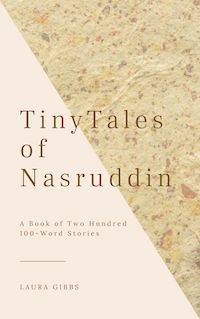
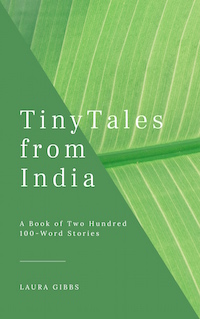
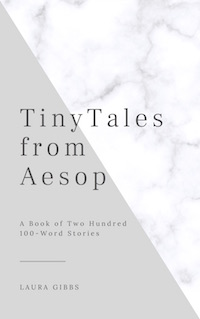
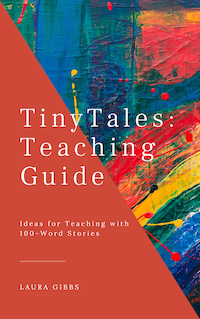
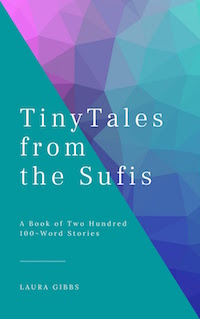
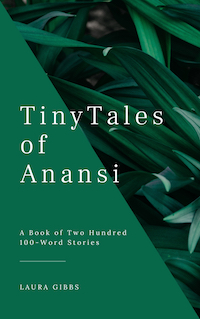
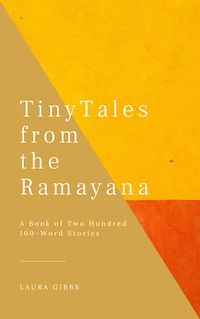

Storybook Favorites... a blast from the past
Tucson, Cracow, Berkeley... My Favorite Places
Like other returning students, I'm re-using my favorite place blog post from last time, but adding in some new pictures. So, here are my three favorite places (because I cannot choose just one!).
Tucson, Arizona. I lived in Tucson in the 1970s when I was a little kid, and of the many places we lived, Tucson was my favorite. It is so beautiful! We lived in a house in the foothills of the Catalina mountains which you can see here. Aren't the saguaros beautiful?
Wikimedia Commons)
The saguaro blossom is the state flower of Arizona:
Kraków (Cracow), Poland. I did a "study abroad" in the summer of 1985 — and what an adventure! I was a Polish major in college, so getting to live in Poland that summer was a dream come true. Here's a picture of the "Sukiennice" ("The Cloth Hall") on the main town square in Kraków:
I stayed in a dormitory called Dom Piast, and it's still going strong (the Piasts were the first kings of Poland):
Berkeley, California. I lived in the Bay Area for over 10 years, and I guess it is the place I love the most. For sure it is the place I know best. I moved to San Francisco after graduating from high school because it seemed like the most exciting place to be ... and it was! Then, after working as a secretary for a year, I decided to go to college, so I went to Berkeley. After graduating from Berkeley in 1986, I lived in other places, but for grad school I went back to Berkeley again; that was in the 1990s. It's a great place and is definitely a big part of who I am! Here is a beautiful picture that shows the Campanile (bell tower) on the Berkeley campus, with San Francisco Bay in the background.
Here is the campus building where I took most of my classes: Dwinelle Hall, home to the departments of Classics, Slavic Languages, and South Asian Studies:















